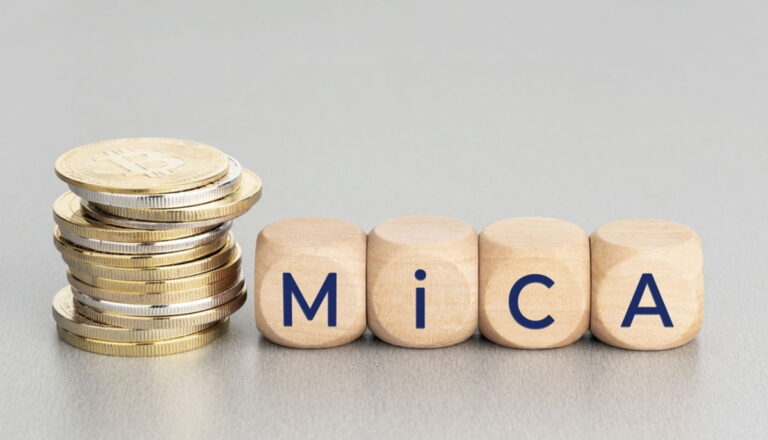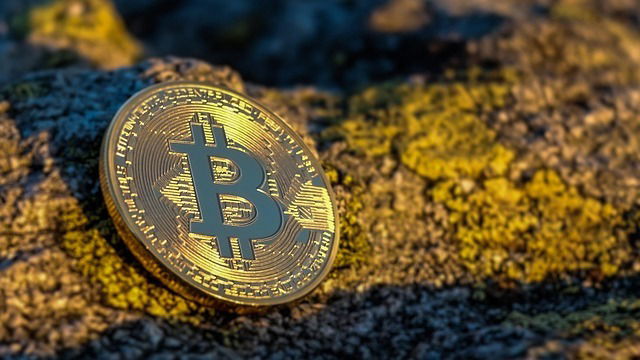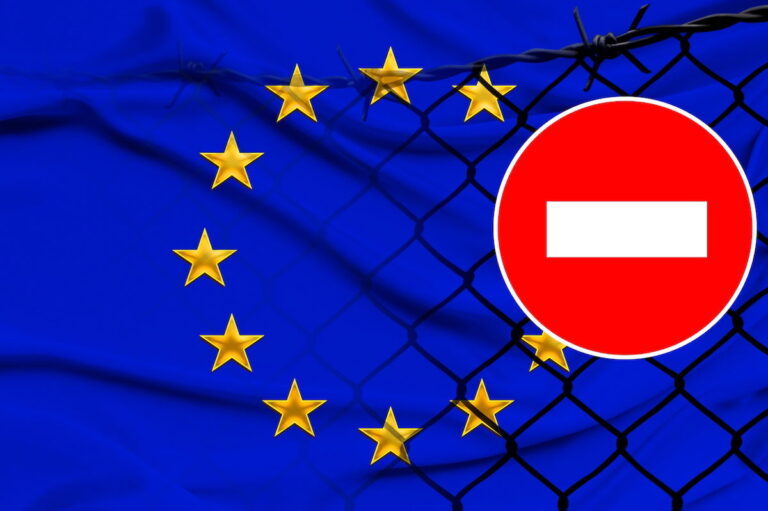
Your logins were sold while you browsed, and you never even knew. Credit: Firmbee.com from Pexels via Canva.com
You didn’t lose them, and you didn’t have them over, but somehow your passwords got out. First, they were stolen through a bit of malware that you never noticed. Then they were sorted, tagged and bundled. Not to one hacker and a hoodie but hundreds of buyers like bags of crisps and a vending machine, and it did not stop there.
They were resold, mixed with others, and rebranded as fresh logs. Then, they were repackaged like snacks. This is the credential economy, it’s a marketplace that feeds off passwords and human trust, and the chances are that you’re in it whether you know it or not.
From breach to business
It began with the leaks from LinkedIn, Adobe, and Facebook, one after another; the headlines screamed about millions of passwords being exposed. Then we got used to changing them like lollipops, yes, it’s inconvenient, but manageable. Something shifted around 2018.
- These passwords were harvested from infected browsers, password managers, and script sessions.
- Tools like Redline and Raccoon start offering plug-and-play kits.
- You don’t need to be a hacker; you just need to pay to acquire these passwords.
And passwords aren’t being dumped on forums; they were being structured through clean logs, location filters, and cookie bundles, the whole browser session zipped into neat folders. Suddenly, your login wasn’t a risk; it was an asset.
Your login is stock now
They didn’t come for your data with brute force; they waited, they watched, and then they took it quietly before you noticed something was wrong. That’s the whole market language to it, now logs, configs, and behind each folder, a human being who wants a trusted Facebook to store their memories or Google to keep their inbox safe.
- You won’t see your name on the listing, but your habits are there, including your recovery questions, safe devices, and autofill tokens. There is no refund policy for you; only the buyer is entitled to one.
- Meanwhile, 16 billion records are circulating on the internet, some dating back a decade, some from yesterday, and not one regulator has issued a court order or policy on how to stop this.
- There were no fines, no clean up, no mandatory user alerts, just the digital records and legal grey zones you’re exposed to, your unaccounted for.
That’s the horror of it, not the fact itself, but the silence after. Because the idea that your digital life can be taken for granted and then passed around, with no one even thinking to inform you, it’s no longer malicious; it’s become normal.
A login is no longer a trust handshake. It’s just a data point in a spreadsheet that fuels a black market economy — one that doesn’t need you to opt in. One that turns memory, identity, and routine into stock.
And the worst part? You’ve probably moved on. New account. New password. New app. But the old you is still out there. And they’re still selling it.






